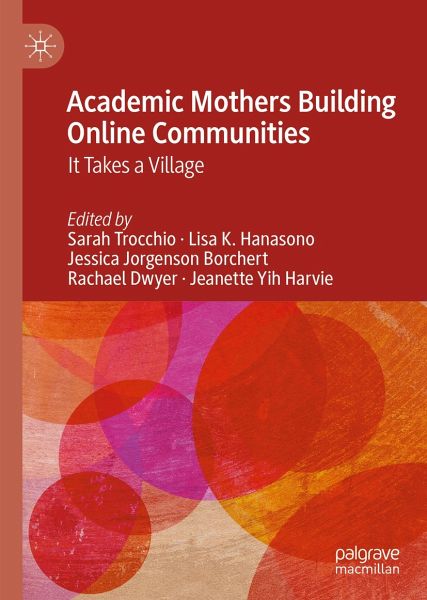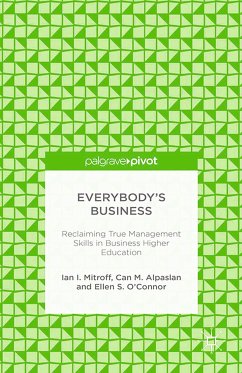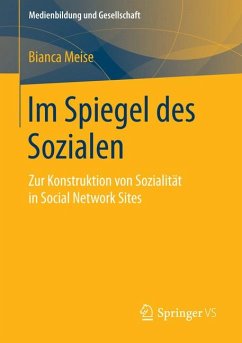
Academic Mothers Building Online Communities (eBook, PDF)
It Takes a Village
Redaktion: Trocchio, Sarah; Harvie, Jeanette Yih; Dwyer, Rachael; Borchert, Jessica Jorgenson; Hanasono, Lisa K.
Versandkostenfrei!
Sofort per Download lieferbar
128,95 €
inkl. MwSt.
Weitere Ausgaben:

PAYBACK Punkte
64 °P sammeln!
This volume focuses on the diverse ways in which mothers working within academia seek to find others with similar experiences to build virtual communities. Although the faculty and student populations of universities have diversified, mothers in academia are disproportionately overrepresented in precarious faculty and staff positions and continue to experience myriad institutional and interpersonal barriers, such as gender wage gaps that are exacerbated by stop-the-clock tenure policies, inadequate parental leave policies, expensive or scarce local childcare options, and social biases. The boo...
This volume focuses on the diverse ways in which mothers working within academia seek to find others with similar experiences to build virtual communities. Although the faculty and student populations of universities have diversified, mothers in academia are disproportionately overrepresented in precarious faculty and staff positions and continue to experience myriad institutional and interpersonal barriers, such as gender wage gaps that are exacerbated by stop-the-clock tenure policies, inadequate parental leave policies, expensive or scarce local childcare options, and social biases. The book gives space to the many ways women create and challenge their own versions of motherhood through a digital "village," examining how academic mothers use virtual communities to seek and enact different kinds of support.
Dieser Download kann aus rechtlichen Gründen nur mit Rechnungsadresse in A, B, BG, CY, CZ, D, DK, EW, E, FIN, F, GR, HR, H, IRL, I, LT, L, LR, M, NL, PL, P, R, S, SLO, SK ausgeliefert werden.












